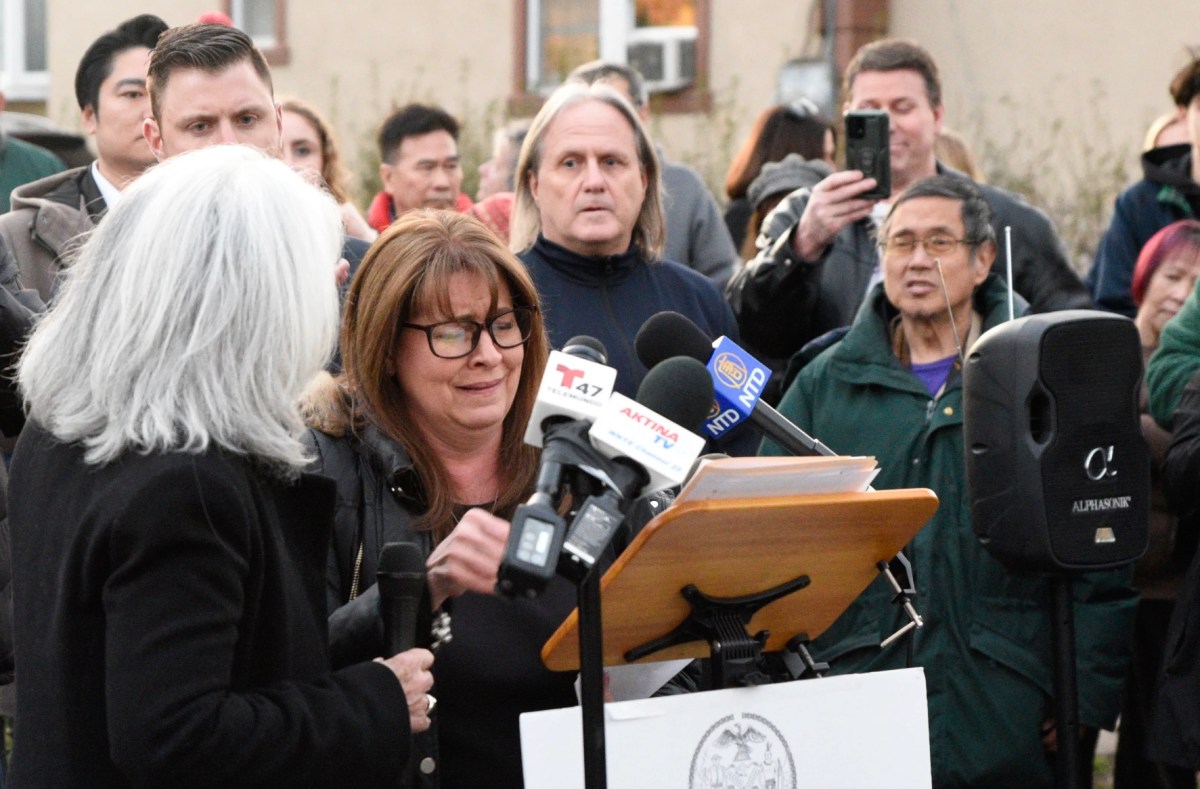TOKYO – Prime Minister Taro Aso dissolved the powerful lower house of Japan’s parliament Tuesday and vowed his divided ruling party will make a new start in national elections next month despite forecasts it may lose the grip it has held on the nation for most of the past 55 years.
Aso, who had until October at the latest to disband parliament, had been under increasing pressure to exercise that power because of his dwindling support ratings and political gridlock with the opposition that has stymied business in parliament.
After parliament was dissolved Tuesday, he slammed the opposition, led by the Democratic Party of Japan, as having no substantive policies of its own and trying merely to capitalize on his unpopularity.
“The Liberal Democratic Party is the only party that can lead Japan responsibly,” Aso said at an evening press conference.
Aso had resisted calling a vote in the hope his low approval ratings would recover, but he caved in after his party was routed in local elections last week and members of his own party threatened to dump him.
Acknowledging the odds against him, Aso – known for his verbal gaffes – began his remarks with an apology, a bow and a promise to do better.
“The economy and protecting people’s livelihoods has been my top priority,” he said. “But because of my inadvertent comments, the public lost trust in me and the government. I deeply regret this.”
Analysts have predicted the elections for parliament’s lower house, to be held on Aug. 30, could be disastrous for the governing Liberal Democrats. Japan’s opposition leader set the tone for the campaigns ahead, saying Tuesday the polls would be “historic.”
The Liberal Democratics have maintained a majority in the lower house for most of the past 55 years, allowing them to dominate the lawmaking process and select the prime minister and Cabinet members from party ranks.
Recent opinion polls show the next election could be different, with many voters saying they will defect to the opposition amid Japan’s steepest recession since World War II. This has happened repeatedly in local elections, where the Liberal Democrats have suffered a string of defeats.
“The feelings and complaints of the people have been demonstrated in the recent elections. We must sincerely reflect on this and are determined to make a fresh start,” Aso told party lawmakers earlier in the day.
Democratic Party leader Yukio Hatoyama said the election would lead to a major change in Japanese politics for the first time in decades.
“This is not just a matter of drawing the curtain on the Liberal Democrats. It is not as small as that,” he said. “We must go into this election with a feeling of our historic mission.”
Aso is Japan’s third prime minister in as many years, and with his support ratings at about 20 per cent some senior members of his party have tried to oust him. Aso’s decision to hold the elections was widely seen as an effort to cut his losses and give his opponents within the party less room to manoeuvr.
Several recent polls have indicated broad support for the Democrats. Fifty-six per cent of voters said they wanted the Democrats to take power, with just 23 per cent supporting the ruling party, according to a poll published Monday in the Mainichi newspaper.
In a poll by the Asahi newspaper, 49 per cent backed a new government led by the Democrats and 22 per cent wanted Aso’s party to stay in power.
“It really looks like Japanese voters are simply fed up with the LDP,” said Martin Schulz, an economist at Fujitsu Research Institute in Tokyo. “This is not just a power game right now. This is a shift in sentiment.”
The Democrats favour a more independent stance from the U.S., smaller government and more international peacekeeping missions for Japan’s military. They are also expected to try to spend their way out of the recession by funneling more money to families.
The Democrats’ reputation as big spenders had been its Achilles’ heel – until now.
“This has worried voters in the past. This time … nobody expects anyone other than the government to spend money and possibly bail the economy out,” Schulz said. “The reason is, households have no money. Corporations have no money.”
The leader of the party that wins the parliamentary election is almost certain to become prime minister. The Liberal Democrats have 303 seats in the powerful 480-seat lower house, and their coalition partner Komeito has 31. The Democratic Party has just 112.
The opposition controls the less powerful upper house.
All polls were random telephone surveys taken of eligible voters nationwide. The Mainichi poll had 1,045 respondents, while the Asahi poll had 1,064 and the Kyodo poll had 1,243. None provided a margin of error, but for surveys of that size, they would have a margin of error of about 3 per cent.
Next month’s elections will be the first for the lower house since 2005.
















